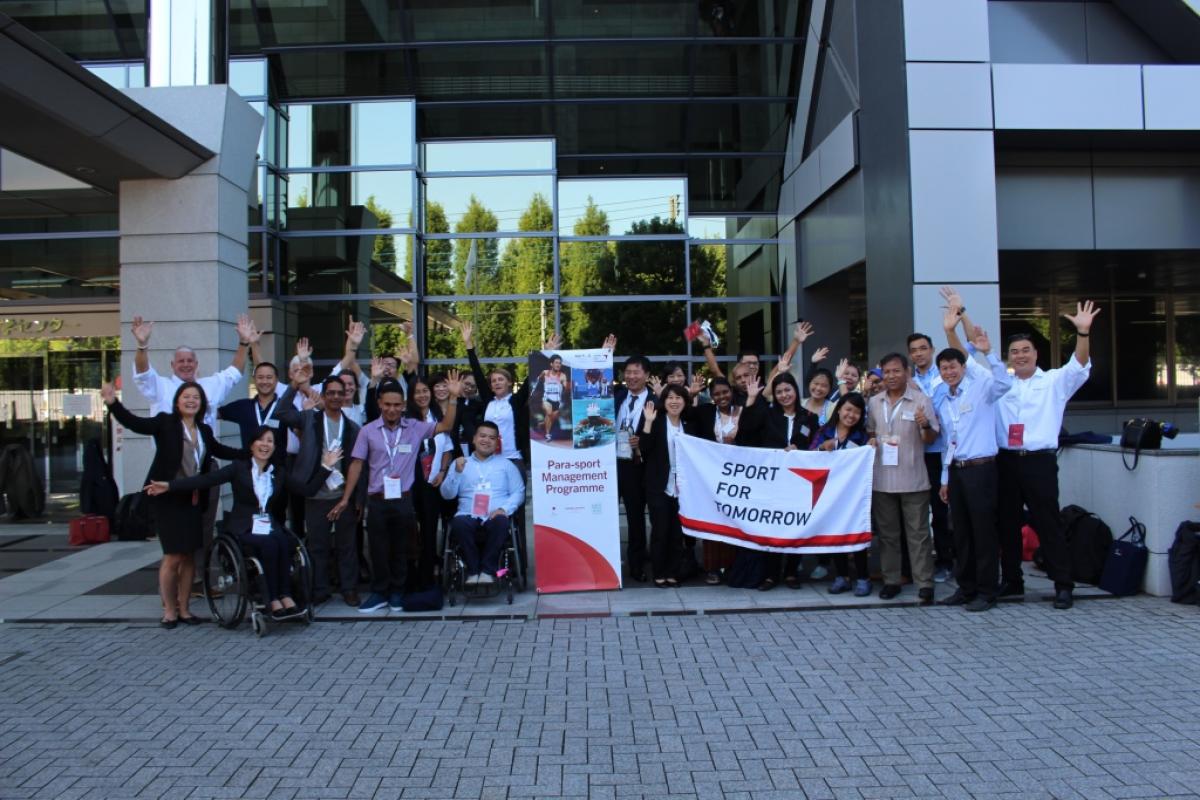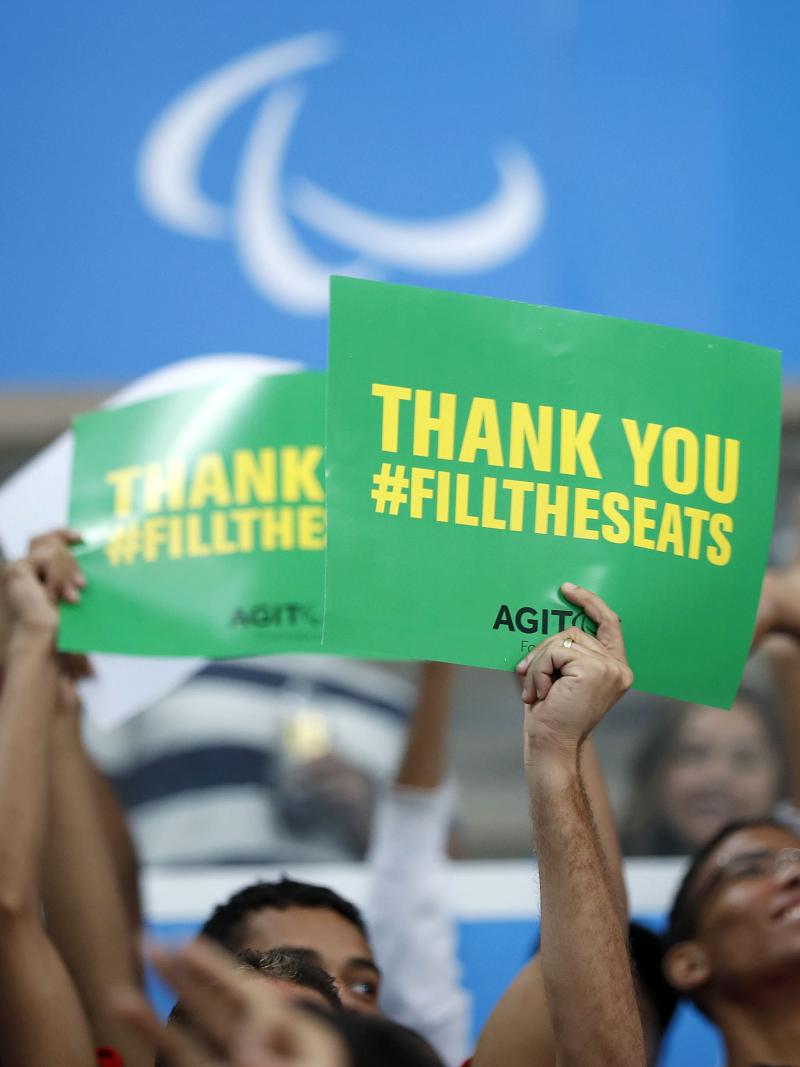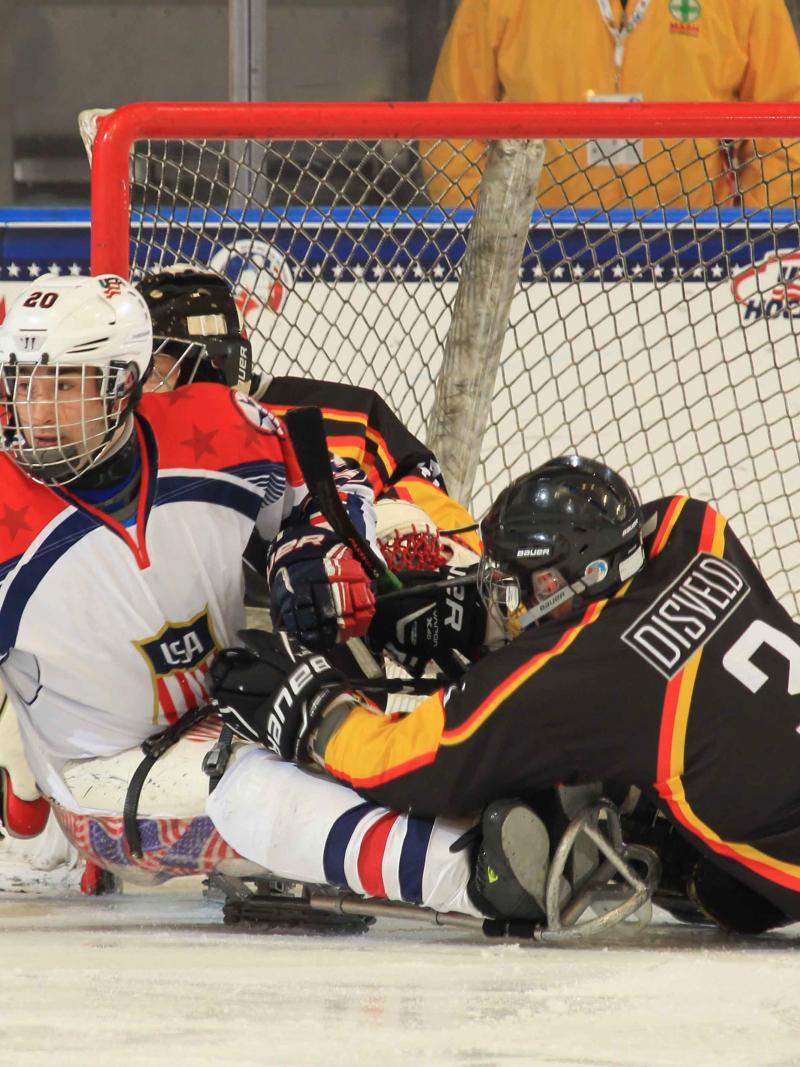South-east Asian NPCs benefit from Agitos Foundation training workshop
Participants are bringing back new knowledge and experience gained from the Agitos Foundation, Sport for Tomorrow’s new partnership. 27 Oct 2016
South-east Asian NPCs participated in a training workshop in Tokyo, Japan.
Representatives from south-east Asian NPCs are ready to bring back their newfound knowledge and enriching experience to their respective south-east Asian National Paralympic Committees (NPCs), as the aim to grow Para sport in the region ahead of the Tokyo 2020 Paralympic Games continues.
Held between 20-24 October in Tokyo, Japan, a training workshop was part of a new programme put together by the International Paralympic Committee’s (IPC) development arm the Agitos Foundation and Japan Sport Council. The programme is part of Sport for Tomorrow, a Japanese government-led initiative to make international contributions through sport.
The workshop trained a pair of representatives, known as Programme Leads, from nine NPCs – Singapore, Vietnam, the Philippines, Laos, Thailand, Malaysia, Myanmar, Cambodia and Timor-Leste – specifically seeking to develop the overall capacity of the NPCs.
“I have witnessed significant change that all participants made during the five-day workshop. They worked very hard together and proved that they are quick learners,” said Miki Matheson, a three-time Paralympic gold medallist and programme manager at the Nippon Foundation Paralympic Support Centre. “All participants learned new things, came up with fresh and creative ideas during the course to bring back to their home country. There might be some obstacles or resistance for implementing the new ideas, but I believe all participants won't give up easily just because it is difficult.”
Three days focused on skills to deliver interactive workshops at the national level. The trainers from the World Academy of Sport and the Agitos Foundation enriched the training with hands-on group tasks and challenging individual tasks. Participants learned to use different teaching methods and tools, such as power point, audiovisual instruments, flip charts, ice breakers and energisers.
Another two days were dedicated to marketing and communication, governance, and planning and athlete development. Programme Leads then identified their NPCs’ main needs across the three modules.
“The workshop was above my expectation,” a participant said. “It was the most valuable and helpful workshop I had been attended previously. It really helps me improve my presentation skills & organise workshops in the future.”
Attendees also learned about how to implement programmes nationally, which will be crucial as the next step for the Programme Leads will be to organise the first of three national workshops to take place within the coming two months.
“All the participants will organise this capacity building workshop in their own country and we will support them in preparation,” said Naoe Yasuoka, International Liaison Manager at the Japan Paralympic Committee (JPC).
“I was informed not all the participants are currently working at a NPC; some of them were volunteers and some from other related organisations. Therefore the main challenge might be future involvement. I hope not only the participants but also the NPCs would consider how they can continue working for the Paralympic Movement.”
Added Maho Harada, Project Manager, Secretariat of Sport For Tomorrow Consortium: “I expected by the end of training workshop participants achieve three objectives: to obtain workshop facilitation and presentation skills; to share Para sport topics including Japanese experiences, and to build a network among the participants.
“I am convinced that the objectives were achieved perfectly by wonderful facilitators and participants. I believe they contribute to expand the Paralympic Movement in their respective countries toward Tokyo 2020 and beyond.”
During the five days, participants also visited Para sport centres, the Nippon Foundation Paralympic Support Center and the Japan Institute for Sport Science and enjoyed a practical introduction into blind football.
“I am sure we have established a solid network here and team ASEAN will grow as a region. Many bright young leaders with strong passion are in the region so the Paralympic Movement will be bigger and stronger for the years to come,” Matheson said.








